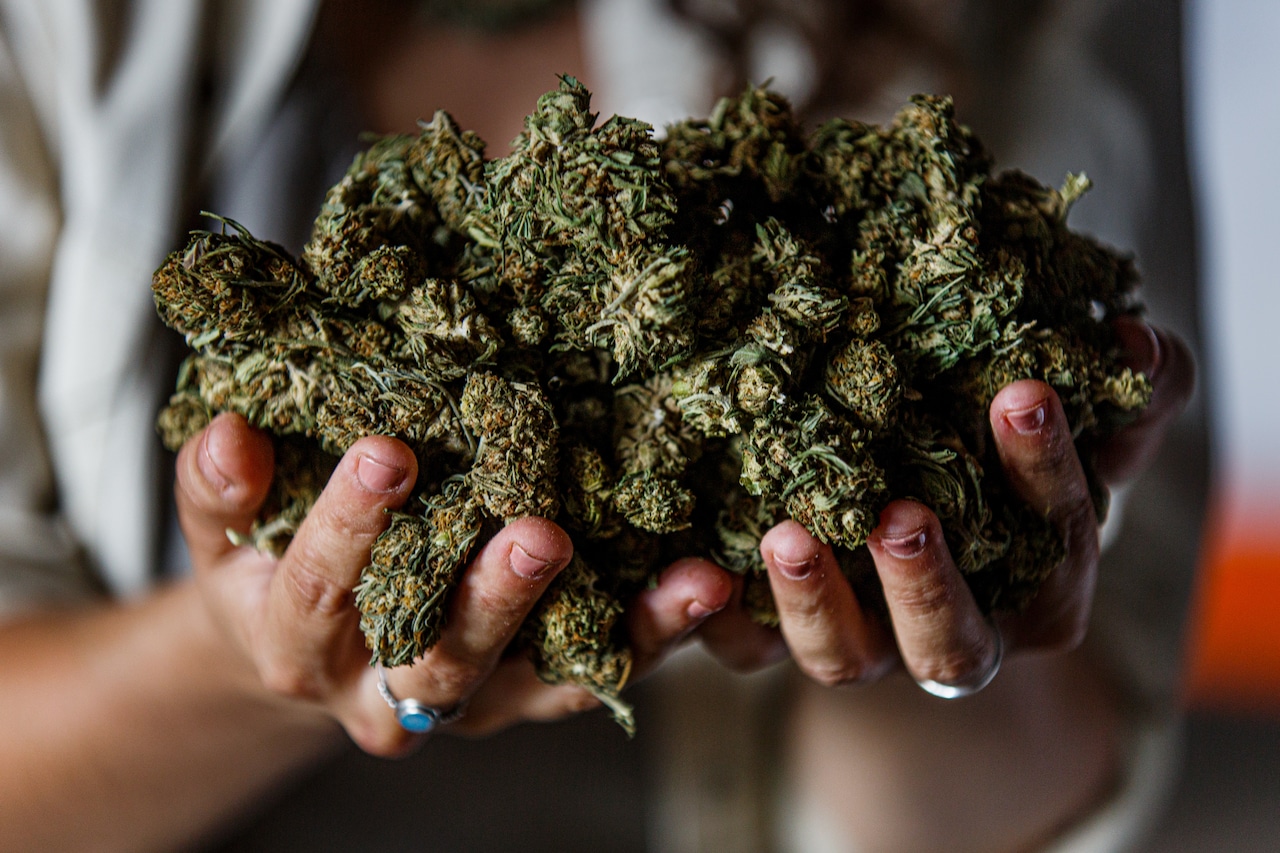Damien Cornwell is the President of the Cannabis Association of New York, which is based in Binghamton.
There is no doubt that the federal budget agenda casts a shadow over New York’s most vulnerable communities. In the early months of the current administration’s second term, drastic cuts to social programs for economic empowerment, housing assistance, small business development, education in underserved communities and more have been pursued to finance tax breaks and increased military spending.
Earlier this year, the White House and Congress agreed on significant spending reductions, impacting everything from public education to housing. The National Low Income Housing Coalition has warned that federal rental assistance could be slashed, displacing tens of thousands of families. Cuts to the Small Business Administration’s funding will make it harder for minority-owned businesses to grow. Programs designed to support job training, health care access and community reinvestment are all on the chopping block.
This is particularly troubling for Black and brown communities, which rely on these initiatives to bridge gaps created by decades of systemic inequities. Without adequate funding, economic disparities will widen. The fight for civil rights has always been about more than ballots and bus seats. The Rev. Martin Luther King Jr. recognized this when he launched the Poor People’s Campaign in 1968 to demand economic opportunity for all. Today, structural racism ensures that any rollback of social programs hits communities of color hardest.
As Washington threatens to abandon our most vulnerable neighbors, we must ask: How can economic justice be safeguarded at home? New York cannot wait on federal benevolence; we must build our own engines of equity, and one is already operating in plain sight: legal cannabis.
When done right, cannabis legalization can create the funds necessary for reinvesting in our communities. While federal support may be shrinking, the cannabis industry provides an independent, self-sustaining revenue stream that can be used to maintain and expand vital equity programs.
The Marijuana Regulation and Taxation Act (MRTA), passed in 2021, was built with equity at its core, ensuring that tax revenue generated from the legal industry is funneled into the very neighborhoods that have suffered the most under prohibition. The law reserves half of all cannabis business licenses for social equity applicants. It also mandates that 40% of cannabis tax revenue goes to a Community Reinvestment Fund supporting local programs, with another 40% going to public education and 20% to drug treatment and public awareness.
According to the Office of Cannabis Management (OCM), New York is building a regulated market where tax revenue will fund after-school programs, job training, reentry services and small business development. These are the kinds of investments that can insulate our communities from harmful federal cuts and ensure real, lasting equity.
Other states are proving the concept works. In Illinois, nearly $300 million in cannabis tax revenue has supported its Restore, Reinvest and Renew (R3) program. California dedicates up to $50 million annually to similar community-based grants. These examples show that cannabis can be a lifeline for social progress when Washington pulls back.
But for New York to fully realize this vision, Albany must treat the MRTA rollout with urgency. The state’s promised $200 million fund to help equity business owners still hasn’t materialized, so over 70% of equity retailers remain unable to open. This is unacceptable. It took courage to pass this law, and now it will take commitment and follow-through to deliver on its promise.
Another threat is the thriving underground market. Every unlicensed dispensary undercuts legal operators, many of whom are social equity licensees, and siphons away revenue intended for community reinvestment. Enforcement must be stepped up to protect both consumers and equity entrepreneurs.
And we must guard against corporate consolidation. In Illinois, for example, six companies grow roughly 77% of the state’s legal cannabis. New York cannot allow its cannabis sector to become a monopoly playground. Regulators must maintain a level playing field and prevent multi-state operators from boxing out smaller, community-rooted businesses.
The stakes could not be higher. New York’s cannabis market is projected to generate $4.2 billion a year by 2030, and 40% of that, over $1.5 billion, could be reinvested in our schools and community programs. That’s a self-sustaining engine for the public good, and it would lessen our dependence on Washington’s whims.
Federal funding cuts are coming, but New York doesn’t have to sit back and accept the consequences. Through the MRTA, we can generate our own revenue, invest in our own people, and build our own future — green and just.
“Cannabis can be a lifeline for social progress when Washington pulls back,” writes industry group leader. He urges NY legislators to speed up rollout, crack down on illicit sellers. Read More


